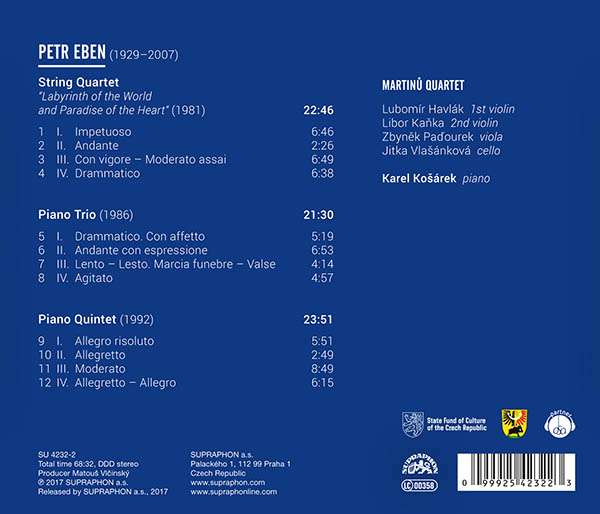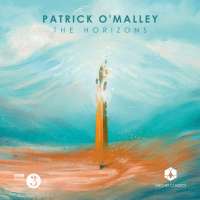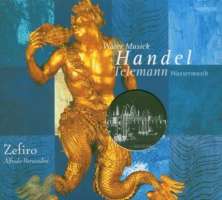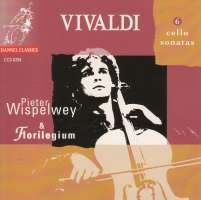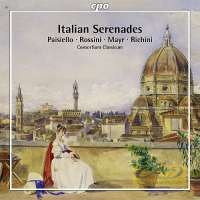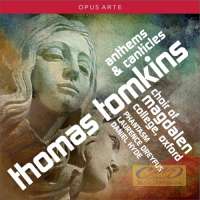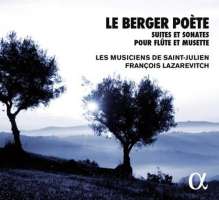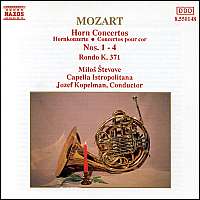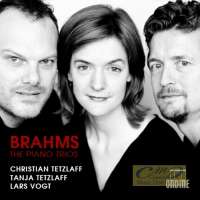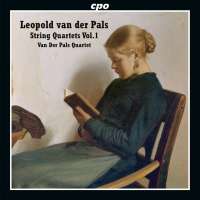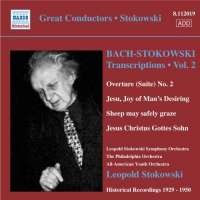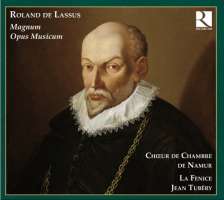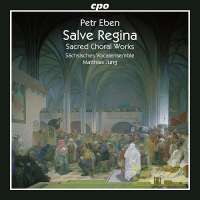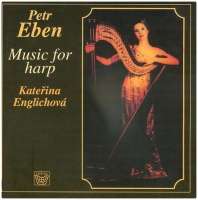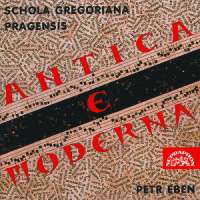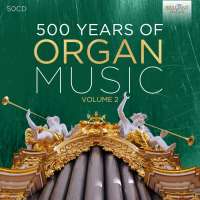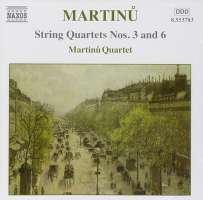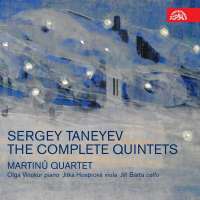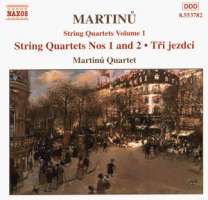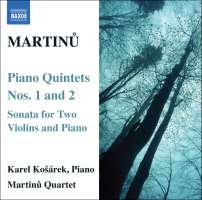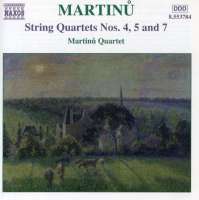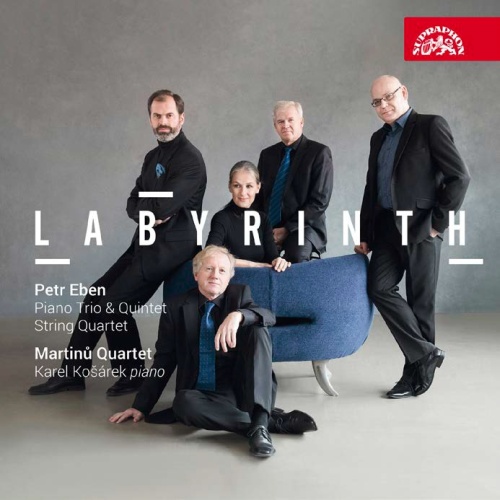
kompozytor
Eben, Petr
tytuł
Eben: Labyrinth ,Piano Trio & Quintet, String Quartet
wykonawcy
Martinu Quartet;
Kosarek, Karel
Kosarek, Karel
nr katalogowy
SU 4232-2
opis
Petr Eben was one of the most distinguished Czech composers of the second half of the 20th century. His music gained recognition far beyond the Iron Curtain and his homeland. Best known for organ and sacred works, his chamber pieces have – unjustly – been somewhat overlooked. Eben’s music reflects his fascinating life story. His harrowing experiences in concentration camps aged just 16 resulted in anemboldening of his Christian faith, approach to people and art alike Eben’s “programme” is most evident in the String Quartet (1981), written to commission for the Smetana Quartet and inspired by the allegorical work “The Labyrinth of the World and the Paradise of the Heart” by the famous 17th-century Czech philosopher, educator and theologian Jan Amos Komenský, in whom he saw a model for viewing this world: “not to be attached to it, to retain a critical view and distance, yet to dedicate one’s strengths with the aim to make it better and attain its redemption”.
Both the Piano Quintet (1992) and the Piano Trio (1986) clearly reveal their creator – Eben the superlative pianist. In them, the composer did not strive to make the instruments chime, opting instead for juxtaposing the sounds of the piano and the strings. The renowned Martinů Quartet (whose releases include the highly acclaimed CD of Sergey Taneyev’s complete quintets, SU 4176-2) and the pianist Karel Košárek have undertaken Eben’s quintet’s premiere recording and the quartet’s first modern-time recording since that made by the legendary Smetana Quartet.
nośnik
CD
gatunek
Muzyka klasyczna
producent
Supraphon
data wydania
02-10-2017
EAN / kod kreskowy
099925423223

(Produkt nie został jeszcze oceniony)
cena 75,00 zł
lubProdukt dostepny w niewielkiej ilości.
Wysyłka w ciągu 3 dni roboczych
Darmowa wysyłka dla zamówień powyżej 300 zł!
Darmowy kurier dla zamówień powyżej 500 zł!
sprawdź koszty wysyłki